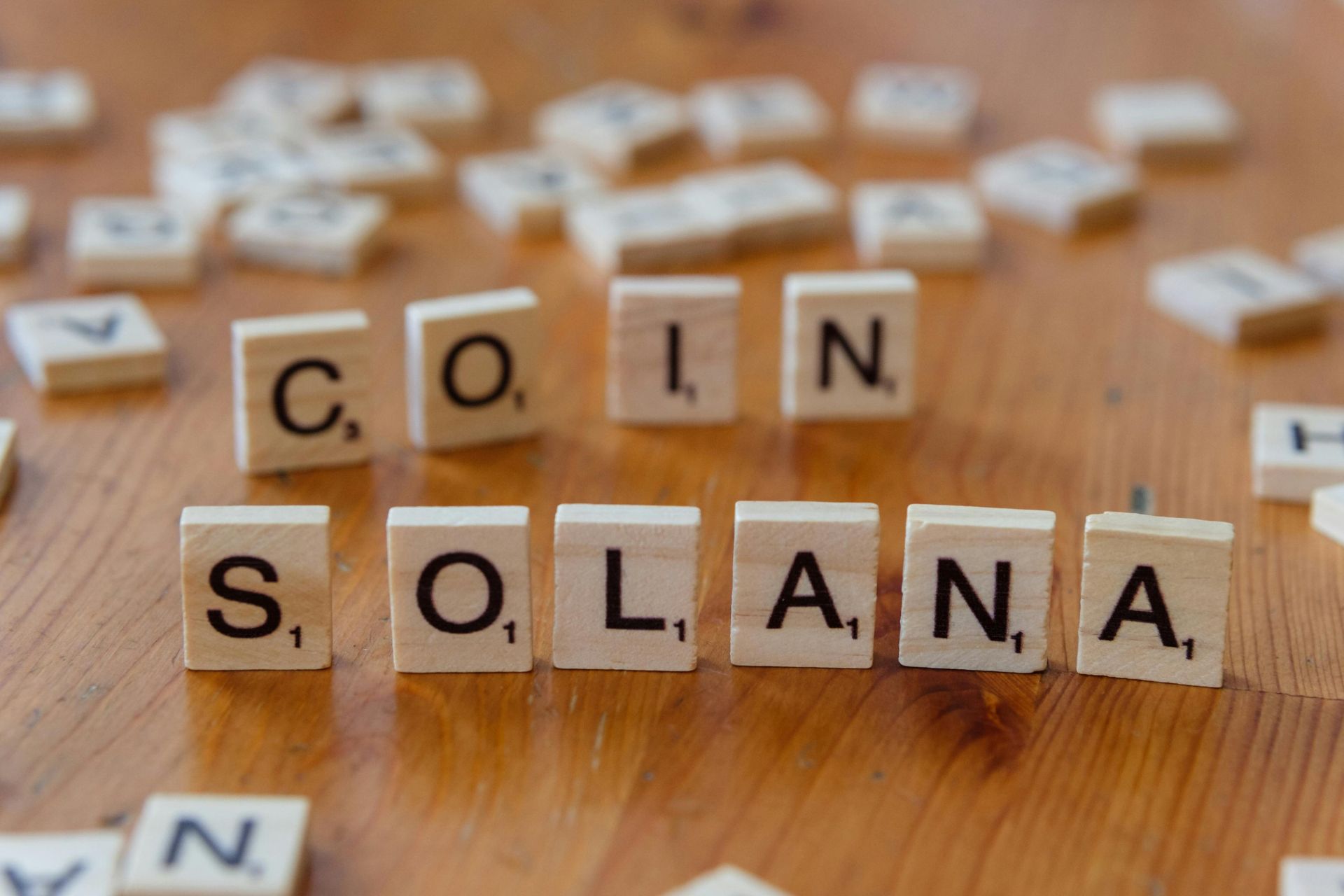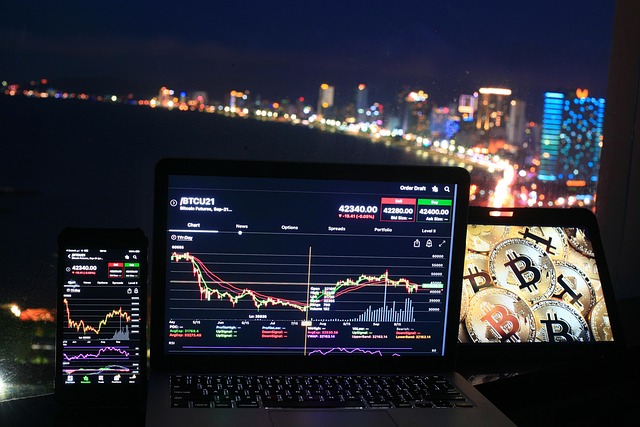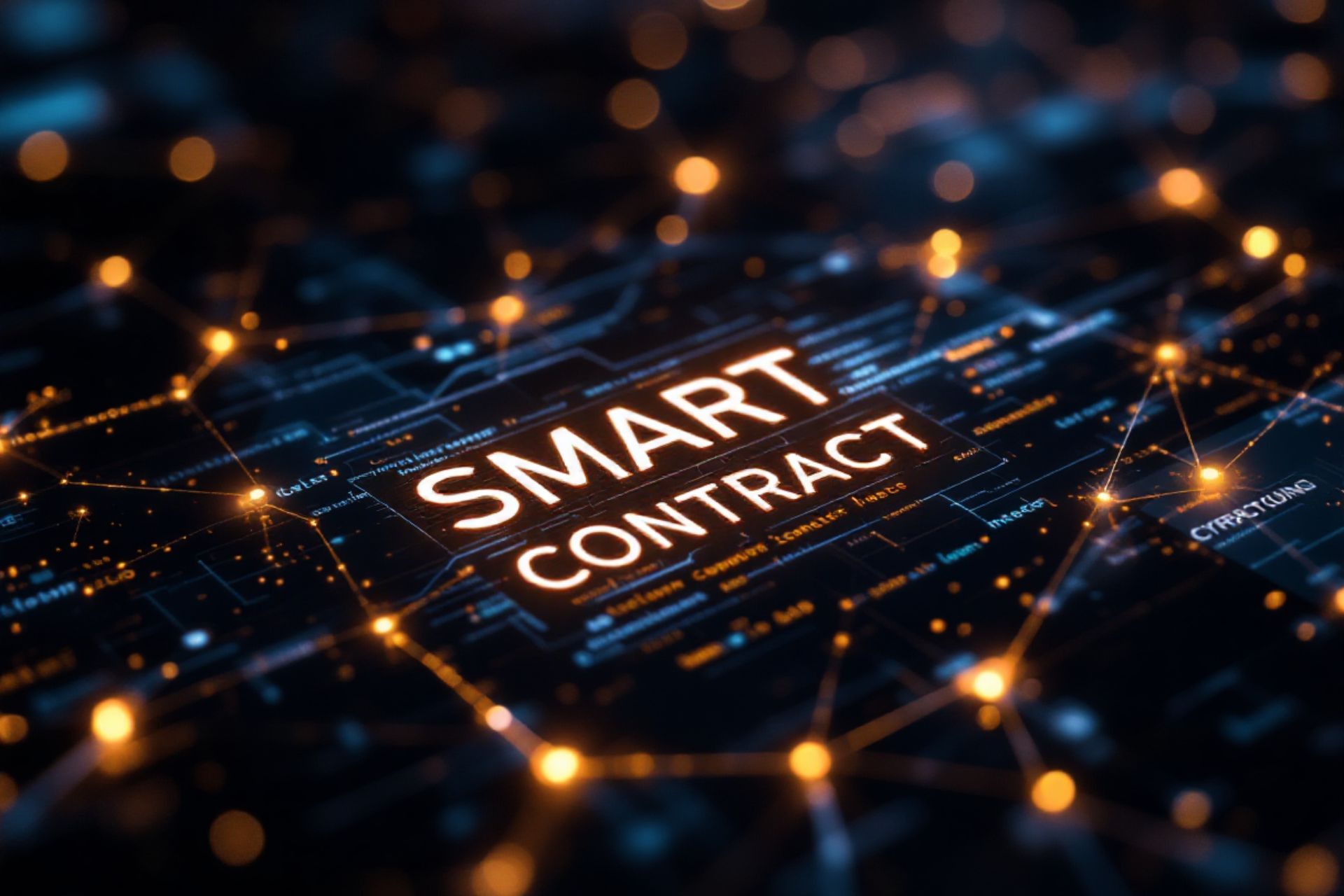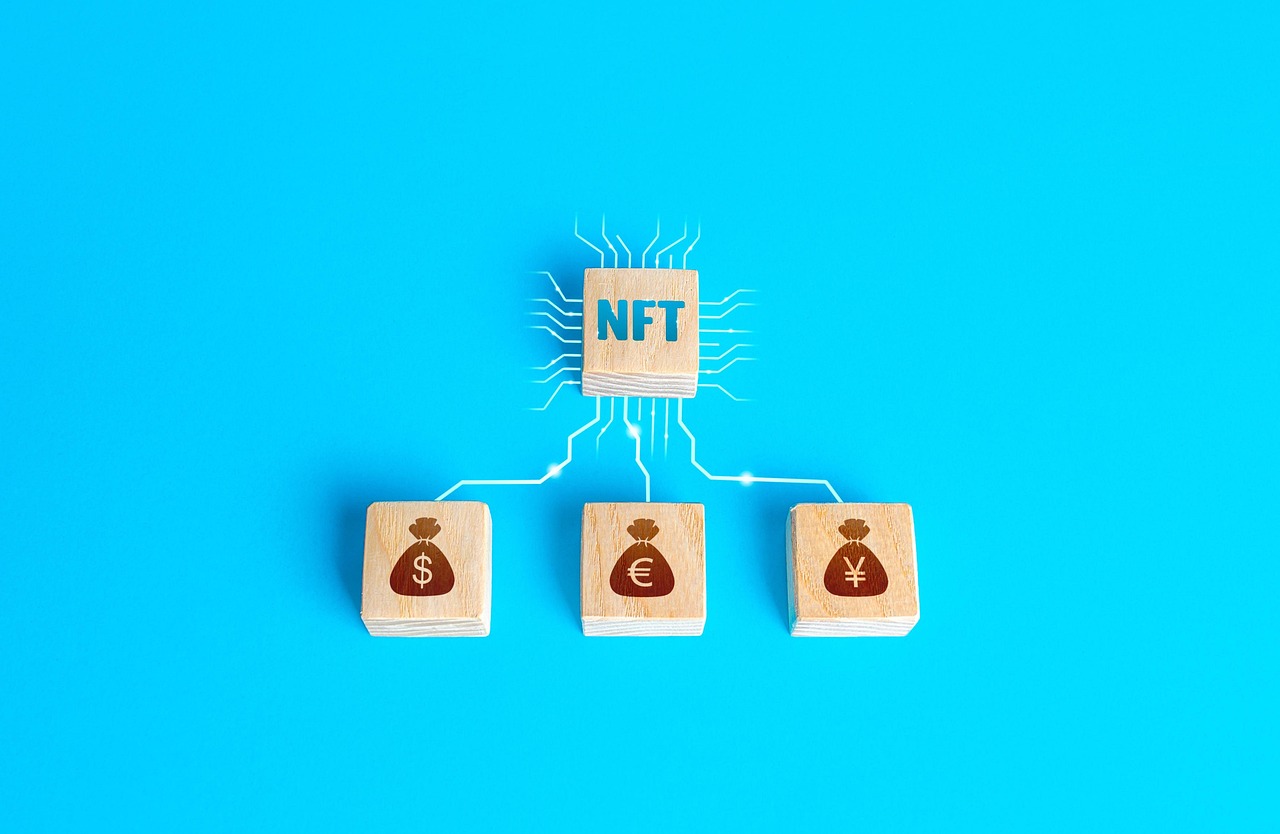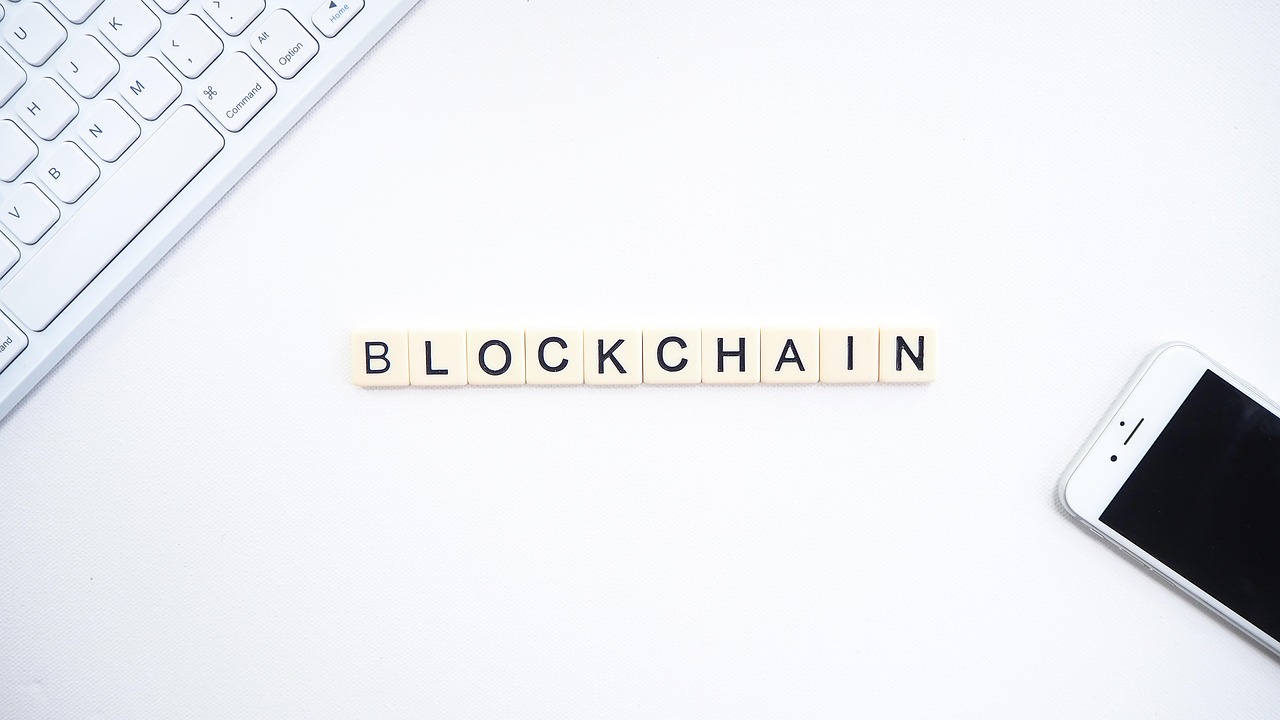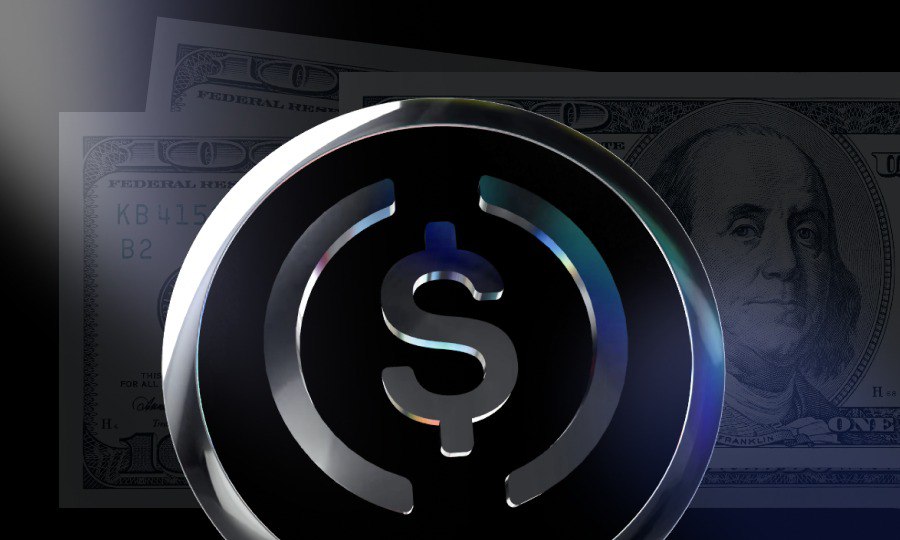
Tokenization of Stocks on Solana: Revolutionizing Market Access with DeFi
Tokenization is a concept whose relevance is growing exponentially in the fields of technology, economics, and society. This process enables the transformation of any type of asset or data into a digital unit called a token, which can be securely and efficiently stored, transferred, and managed.
In fact, tokenization represents a trend that is redefining how value is created, managed, and distributed in the digital environment. According to a PwC report, the global tokenization market is projected to reach $2.8 trillion by 2030. Therefore, tokenization emerges as an unavoidable trend for those interested in innovations revolutionizing the worlds of technology, economics, and society.
DeFi development corp: Tokenizing stocks on the Solana blockchain
Primarily, DeFi Development Corp. (DFDV), formerly known as Janover, underwent a significant transformation. In April, a group of Kraken executives took control of the company, shifting its focus toward development on the Solana blockchain.
Now, the tokenization of stocks on Solana is revolutionizing market access and interaction with decentralized finance (DeFi). Specifically, in June, DFDV launched its tokenized stocks on Solana, becoming the first U.S. public company with a fully on-chain strategy.
By converting stocks into digital tokens on the Solana blockchain, 24/7 trading is facilitated, settlements are improved, and a new world of opportunities opens up for investors and developers.
What does Stock Tokenization mean for Liquidity and Market Access?
This shift toward stock tokenization in the digital economy benefits both institutional and retail investors. According to RWA.xyz, over the last 18 months, the total tokenized market nearly doubled in value, rising from $8.8 billion to $17.9 billion, with private credit and U.S. Treasury bonds driving most of the growth.
Meanwhile, 21shares.com stated: “With a projected tokenized asset market of $5 trillion by 2030, this innovative sector is poised to revolutionize traditional finance.”
As 2025 shapes up to be a pivotal year for the industry, this sector is rapidly accelerating thanks to technological advancements, regulatory progress, and institutional adoption. This innovation is redefining ownership models and financial participation, turning traditionally illiquid assets into liquid investments while democratizing access to high-value markets.
Integration of Web3 and Cryptocurrencies to modernize the financial sector
This integration is shaking up the financial sector by introducing a decentralized paradigm that reduces reliance on traditional intermediaries. Through decentralized finance, individuals can access services like loans and trading globally, eliminating geographical barriers and costs associated with banks and brokers.
Another essential pillar of this modernization is asset tokenization, which enables real-world assets to be represented as digital tokens on a blockchain. This facilitates more accessible investments and increases liquidity by allowing 24/7 trading in global markets. Additionally, Smart Contracts execute predefined transactions and conditions without intermediaries, optimizing processes and paving the way for innovative, programmable financial products.
In essence, Web3 and cryptocurrencies are not only optimizing the efficiency and accessibility of the financial system but also laying the groundwork for a fairer, more open, and programmable monetary infrastructure.
The future of asset tokenization: How will it change the investment model?
Thanks to the transparency, profitability, and accessibility it offers, tokenization can drive the creation of a new financial trading system.
Specifically, it will revolutionize investing by democratizing access to any type of asset. This will promote greater liquidity in previously stagnant markets, as tokenized assets can be traded 24/7 efficiently. At the same time, Smart Contracts will streamline processes, establishing the foundation for new funding models and a more accessible investment infrastructure.
However, tokenization is not without challenges. Significant obstacles must be addressed:
- Regulatory framework
- Scalability
- Cybersecurity
- Adoption
New investment opportunities thanks to blockchain tokenization
Today, platforms leverage blockchain tokenization to operate, enabling the digitization, trading, and management of RWA (Real World Assets) on a blockchain, opening possibilities across various industries that enhance liquidity, access, and efficiency.
- Real estate tokenization: Allows properties to be divided into smaller, tradable units represented by digital tokens.
- Art and collectibles: Enables fractional ownership of high-value items like paintings, sculptures, or antiques.
- Commodity tokenization: Gold, silver, oil, and agricultural products can be tokenized to facilitate trading fractions of these physical goods.
- Supply chain and inventory management: Improves tracking, provenance, and ownership transfers as goods move through the supply chain.
- Tokenized event tickets: By issuing tickets as digital tokens on a blockchain, event organizers can prevent fraud, scalping, and unauthorized duplication.
Blockchain Tokenization: Beyond traditional finance
Indeed, blockchain tokenization is unlocking new and innovative investment opportunities, transforming how we interact with various assets. Other examples include:
- TradeLens: Tokenizes each shipping container and its contents, aiming for granular control and full traceability via a decentralized system accessible to customs worldwide.
- Brave and its Basic Attention Token (BAT): Brave’s system allows companies to offer non-intrusive ads in its browser, leveraging tokenization to create user profiles for targeted advertising.
- CryptoKitties: Tokenization ensures the uniqueness and irreplicable properties of these virtual pets.
The potential revolution DeFi development corp is driving in Financial Markets
Token-based financing has the potential to transform the global economy. Thanks to security tokens, organizations can bring real-world assets onto the blockchain, while decentralized finance aims to perfect all existing financial services with decentralized solutions.
In fact, this shift represents a true democratization of value creation, giving businesses new avenues to raise funds with lower entry barriers for micro-investors, a broader market, and simpler traceability and communication with investors.
Moreover, tokenization will fundamentally transform society, and decentralized finance will be key to promoting global financial inclusion. With approximately 2 billion people lacking access to banking services, this is an immense opportunity.
In summary, tokenization will not only introduce new economic models but also reduce transaction costs, streamline operations, and increase asset liquidity. The opportunities that DeFi Development Corp. and tokenization, in general, are unlocking are truly enormous, paving the way for a more inclusive and efficient financial ecosystem. You can visit our blog to stay up to date with everything.
As Alan Kay said: “The best way to predict the future is to invent it.”

